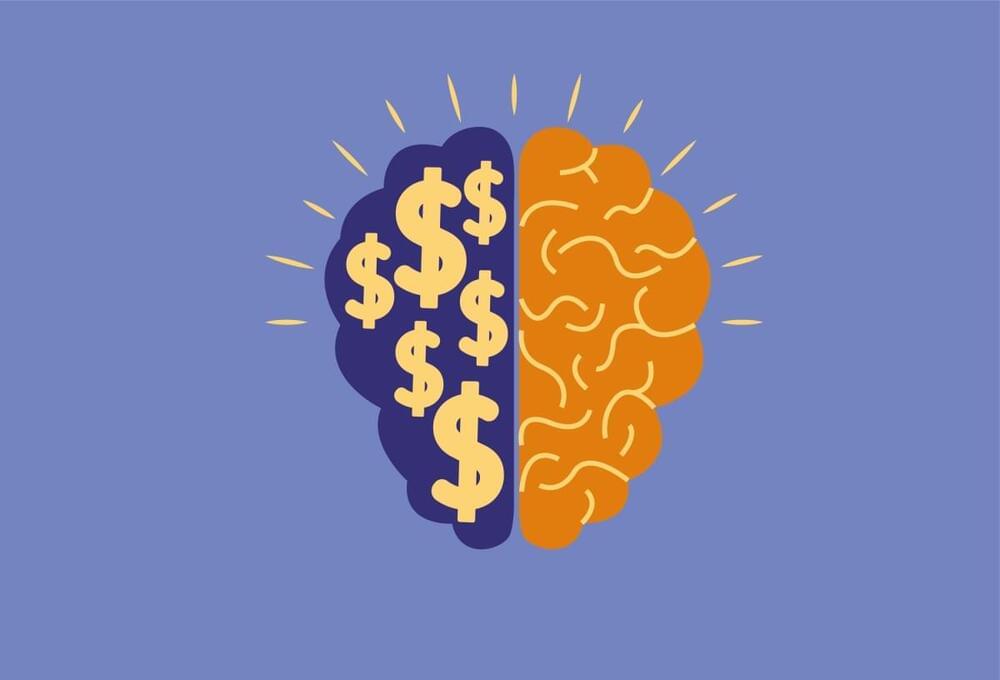In Silicon Valley, some of the brightest minds believe a universal basic income (UBI) that guarantees people unrestricted cash payments will help them to survive and thrive as advanced technologies eliminate more careers as we know them, from white collar and creative jobs — lawyers, journalists, artists, software engineers — to labor roles. The idea has gained enough traction that dozens of guaranteed income programs have been started in U.S. cities since 2020.
Yet even Sam Altman, the CEO of OpenAI and one of the highest-profile proponents of UBI, doesn’t believe that it’s a complete solution. As he said during a sit-down earlier this year, “I think it is a little part of the solution. I think it’s great. I think as [advanced artificial intelligence] participates more and more in the economy, we should distribute wealth and resources much more than we have and that will be important over time. But I don’t think that’s going to solve the problem. I don’t think that’s going to give people meaning, I don’t think it means people are going to entirely stop trying to create and do new things and whatever else. So I would consider it an enabling technology, but not a plan for society.”
The question begged is what a plan for society should then look like, and computer scientist Jaron Lanier, a founder in the field of virtual reality, writes in this week’s New Yorker that “data dignity” could be an even bigger part of the solution.










Comments are closed.